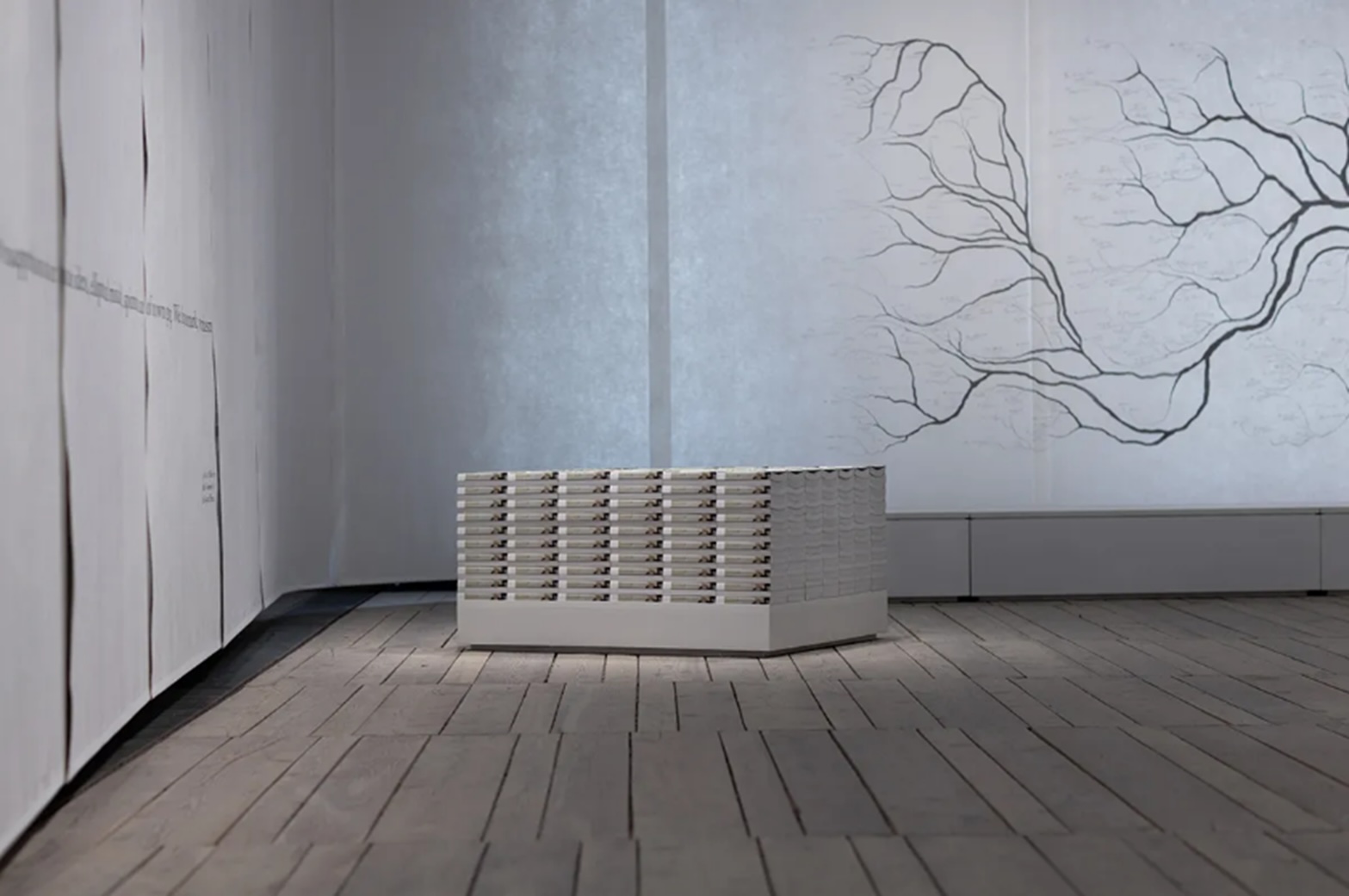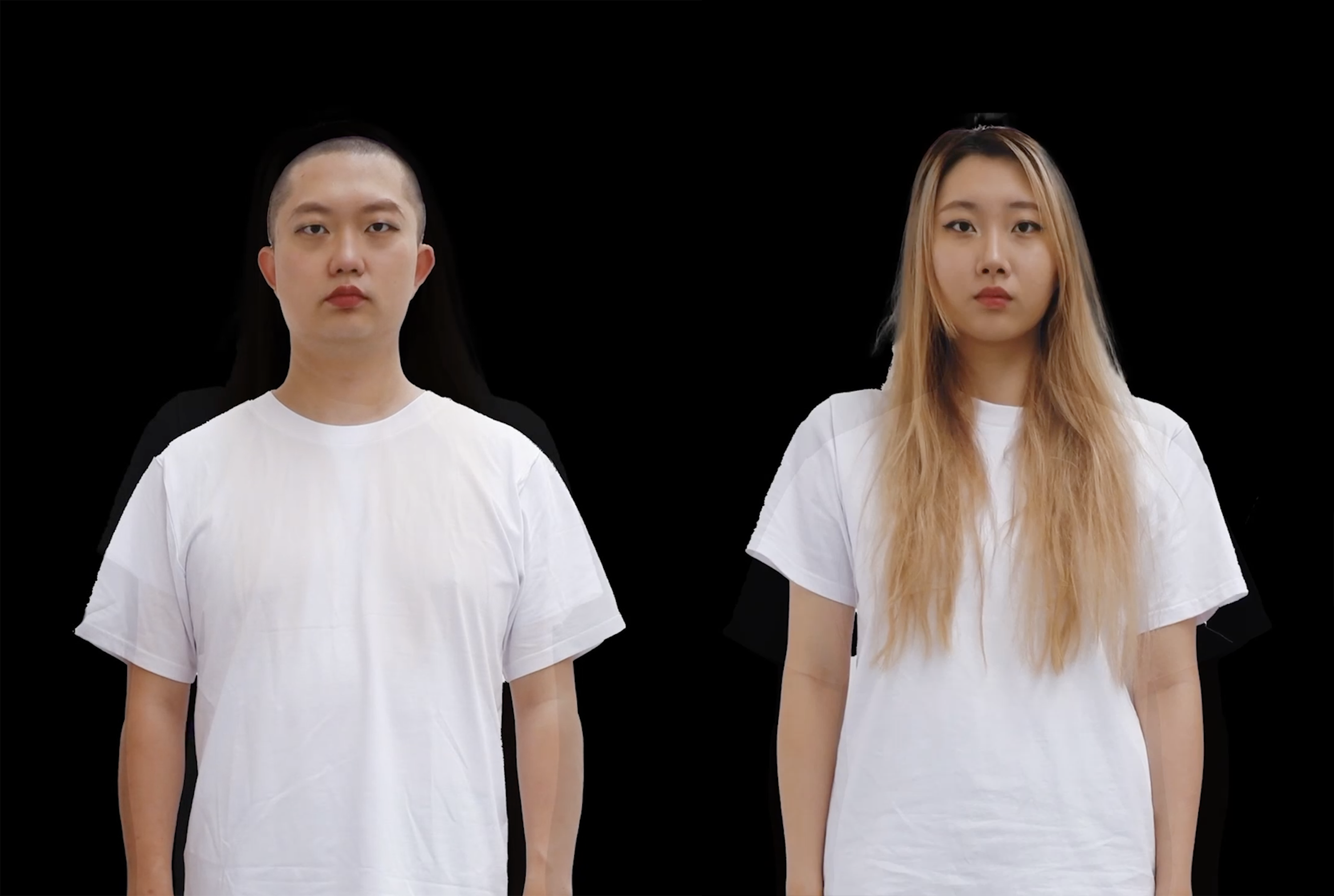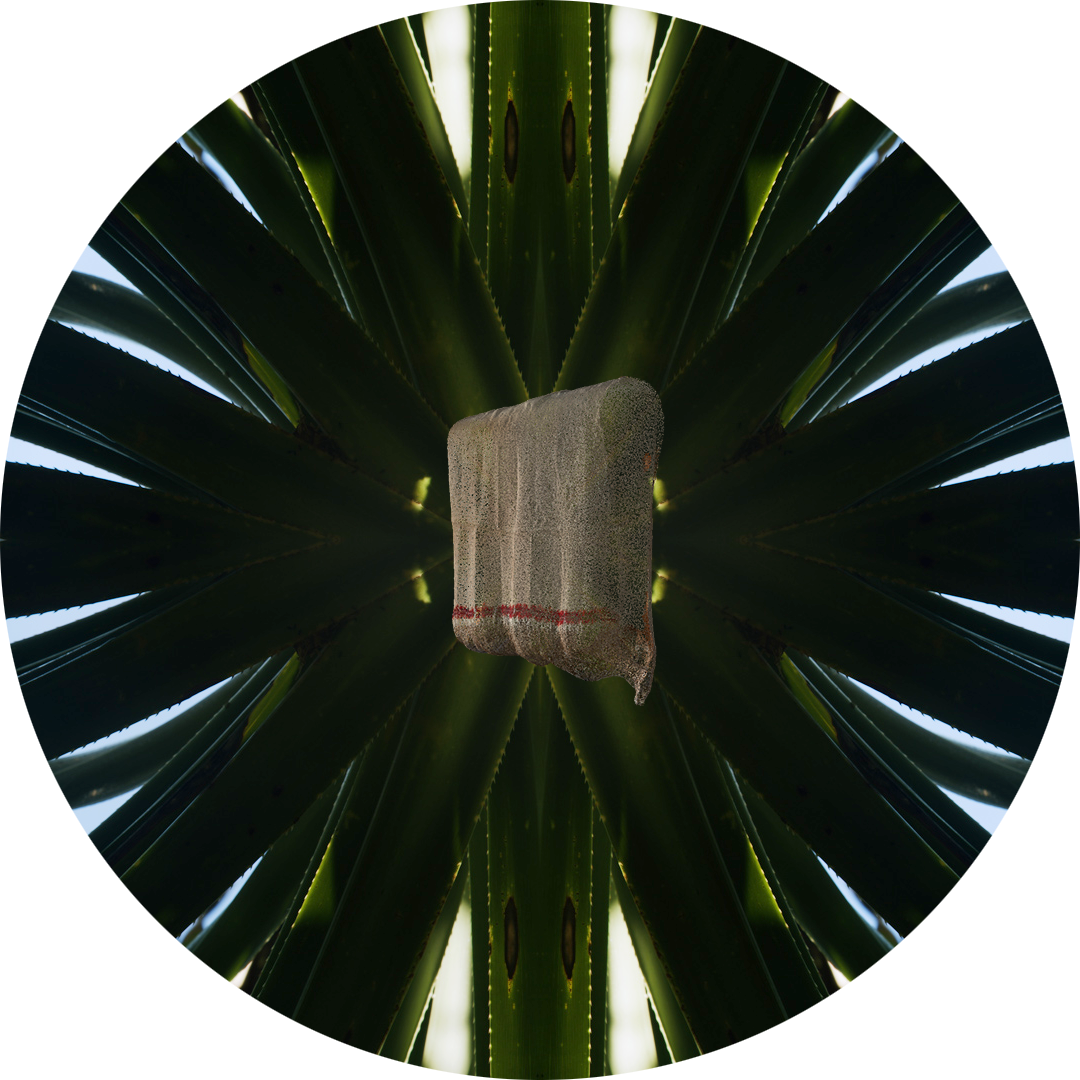Pulp III: A Short Biography of the Banished Book
Shubigi Rao
20 Apr 2024 - 1 Jun 2024
Gallery One

Installation view: Pulp III: A Short Biography of the Banished Book, 2022. Singapore Pavilion, 59th International Art Exhibition 2022. Photo: Alessandro Brasile
Te Wai Ngutu Kākā Gallery is pleased to partner with Te Tuhi to stage the first large-scale presentation of celebrated Singaporean artist Shubigi Rao in Aotearoa.
Originally commissioned by the National Arts Council, Singapore, for the Singapore Pavilion at the 59th International Art Exhibition of La Biennale di Venezia, Pulp III explores the precarity of endangered languages, the futures of public and alternative libraries, the work of defenders of books, and the cosmopolitanism of regional print communities that have blossomed and waned in historic centres of print, such as Venice and Singapore.
This exhibition features Shubigi Rao's feature-length film, Talking Leaves, and her 400-page book, Pulp III: An Intimate Inventory of the Banished Book, Volume III of V. Echoing its first presentation in Venice, the installation has been conceived as a commanding paper maze which partitions the gallery into a suite of abstracted studiolos(studies). In this way, we physically enter a room-scaled publication, through which Rao both stresses the physicality of print and annotates our journey into her in-depth research.

